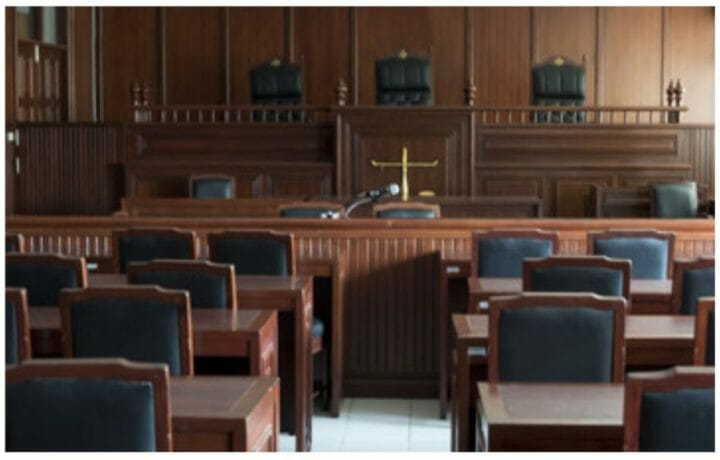I first wrote in 2015 on these pages about how questions around confidential legal settlements were arising with some frequency in security clearance background investigations. It wasn’t so much the confidential settlements themselves that were giving clearance applicants heartburn; rather, it was if and how to go about reporting them on security forms when they are, well, confidential.
It certainly appears a conundrum on the surface when one is required to be truthful on security forms under penalty of prosecution. How does one truthfully answer a question about the reason for leaving a job, for example, when both the applicant and the former employer signed a contract agreeing not to reveal that reason?
Fast forward a decade, and this question is still alive and well. Given the continuing confusion, I thought it’d be helpful to engage on the topic again.
Understanding a Confidential Settlement
To start, it is important to understand exactly what a confidential settlement is – and what it isn’t. A confidential settlement doesn’t change facts; if you were fired and subsequently signed a confidential settlement instead of suing for wrongful termination, you were still fired first.
Many attorneys will say that the terms of the settlement agreement in such a scenario – for example, an agreement by the employer to change the employee’s HR file to indicate a resignation and to only provide a neutral reference to subsequent employers – allows the employee to conform subsequent job applications to those terms. That may be true in other contexts, but the federal government doesn’t see things that way when it comes to security clearances.
A usefully corollary here is the rule about expungements of arrests. In many other contexts, job applicants can legally omit an arrest that has been expunged from a job application. Not so with a security clearance application. The federal forms expressly require applicants to include arrests that were expunged.
No such admonishment is provided when it comes to confidential settlements, but the implicit expectation is the same at every federal agency I’ve dealt with on this issue. Where things get interesting is how federal agencies discover the truth when an applicant isn’t forthcoming.
The Truth Comes OUt
In some cases, the applicant truthfully reports in another section of the security forms having been party to a civil lawsuit within the last 10 years. Background investigators do review court records, which apparently comes as a surprise to some applicants. When the records don’t match what an applicant has reported elsewhere, problems arise.
In other cases, the other party to a pre-litigation settlement (often, but not always, a former employer) is interviewed during the background investigation and spills the beans. This happens more often than one might think – because often the other party is another federal agency or a federal government contractor.
It is important for security clearance applicants to understand that federal agencies and contractors are required to cooperate in the security clearance background investigation process. That means most, if not all, confidential settlements in the federal and federal contracting sectors include a provision that releases the parties from confidentiality for the purpose of cooperating with U.S. government security (or suitability) investigations.
Understanding the fine print
Like the investigator’s review of court filings, this comes as a big surprise to some applicants, who either didn’t read what they were signing or didn’t understand the implications. Non-attorneys may be forgiven for a good-faith misunderstanding, but there is no guarantee of this outcome, especially if other indicators of deception are present. Either way, it isn’t a good look for the applicant, who alternatively could have told the truth and annotated their answer with details explaining the existence of a confidential settlement and potentially mitigating facts.
One final caveat, however: in rare cases involving confidential settlements outside the federal sector, countervailing legal considerations may be in play. That doesn’t provide a license for applicants to report false or misleading information to the government, but it may necessitate the involvement of an attorney for legal advice and assistance. When in doubt, the smart move is always to consult experienced legal counsel before acting.
This article is intended as general information only and should not be construed as legal advice. Although the information is believed to be accurate as of the publication date, no guarantee or warranty is offered or implied. Laws and government policies are subject to change, and the information provided herein may not provide a complete or current analysis of the topic or other pertinent considerations. Consult an attorney regarding your specific situation.




